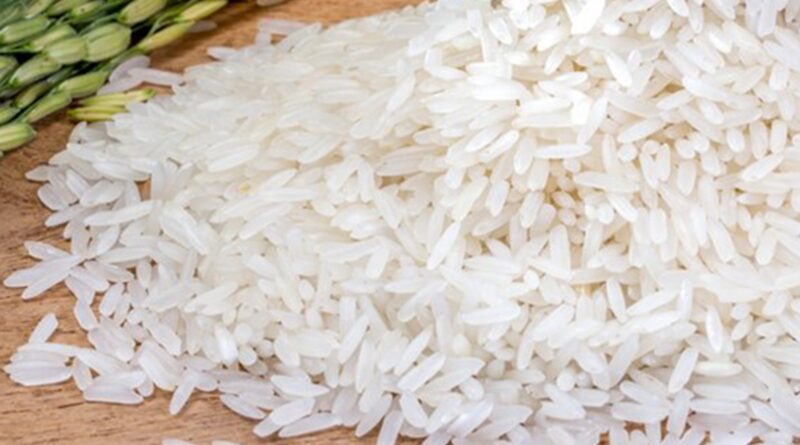Centre to implement new tariff line regime on rice exports from May 1
By Harpreet Bajwa
The central government will implement a new tariff regime on rice exports from May 1. The regime seeks to classify rice based on processing method, variety, and GI tagging — a step that is expected to enhance the global branding of Indian rice.
Minister of State for Commerce, Jitin Prasada, in a written reply to Parliament had recently stated that the new structure will primarily divide rice into three major categories.
The categories include processing-based (Parboiled and other types) variety variety-based (Basmati and non-Basmati) and GI tagged varieties (Rice registered under the Geographical Indications Registry).
“The new tariff items have been created by amending the Customs Tariff Act, 1975, effected through the Finance Act 2025, passed on March 29, 2025,” he said.
Ranjit Singh Jossan, Vice President of The Basmati Rice Millers and Exporters Association, said, “More than 20 GI-tagged rice varieties cultivated in over ten states will directly benefit from the reform. The varieties, protected under the GI Act of 1999, will gain better recognition in global markets and maintain their authenticity and quality.”
He emphasised that the move would bring much-needed clarity in export documentation and improve product identification.
“This classification will also lead to more accurate export data and transparent trade practices,” he added.
“This is a landmark decision that aligns with the long-standing demand of the rice industry. It will not only help protect India’s rice heritage but also ensure that our exporters are fairly rewarded for their quality produce. The exporters have been advised to update their export documentation and tariff codes before the May 1 deadline to avoid any disruptions,’’ he noted.
Industry leaders believe that this move will reinforce India’s standing in the global rice export sector, particularly in the premium segment of Basmati and GI-tagged varieties, which continue to be in high demand worldwide.
This article has been republished from The New Indian Express.

